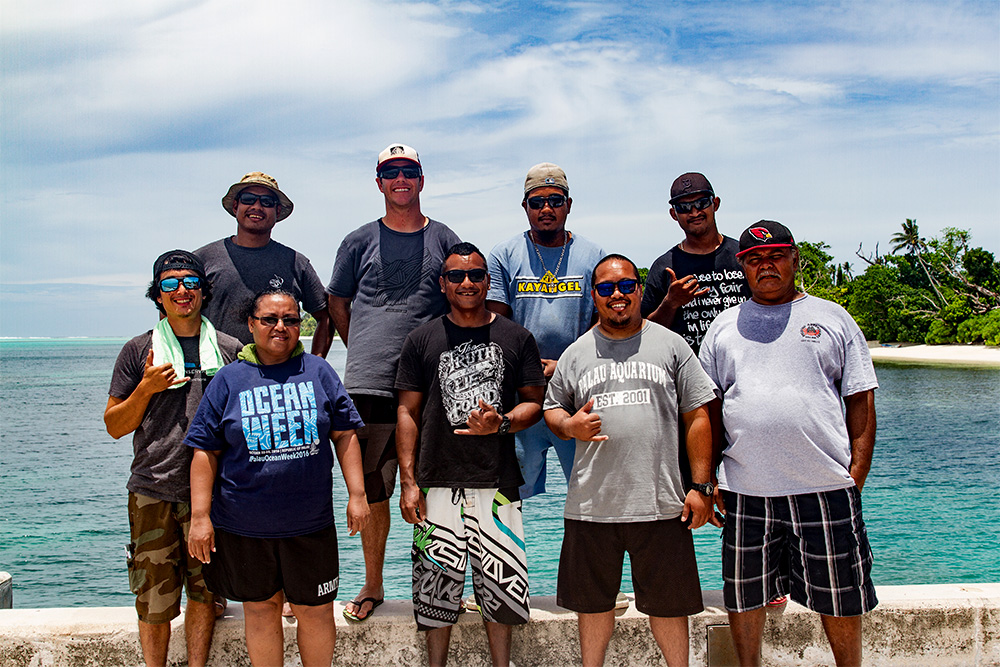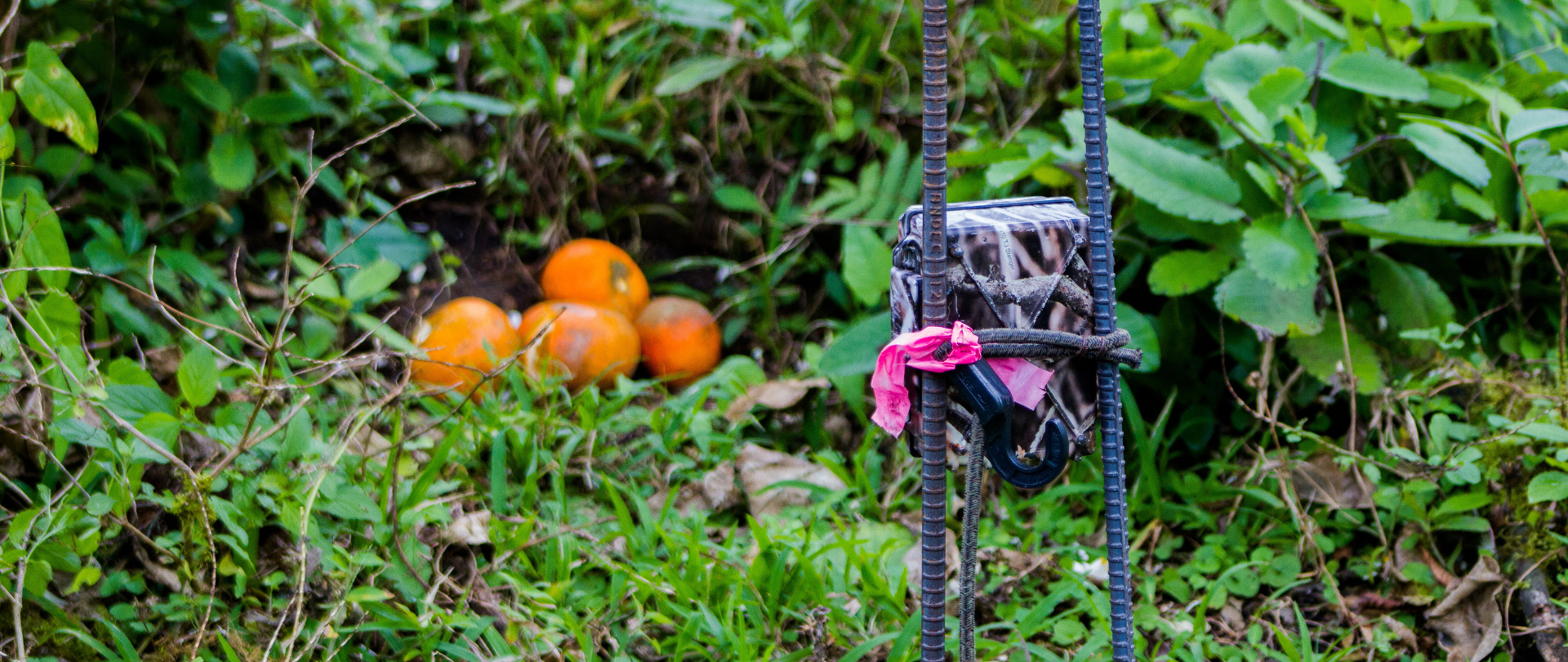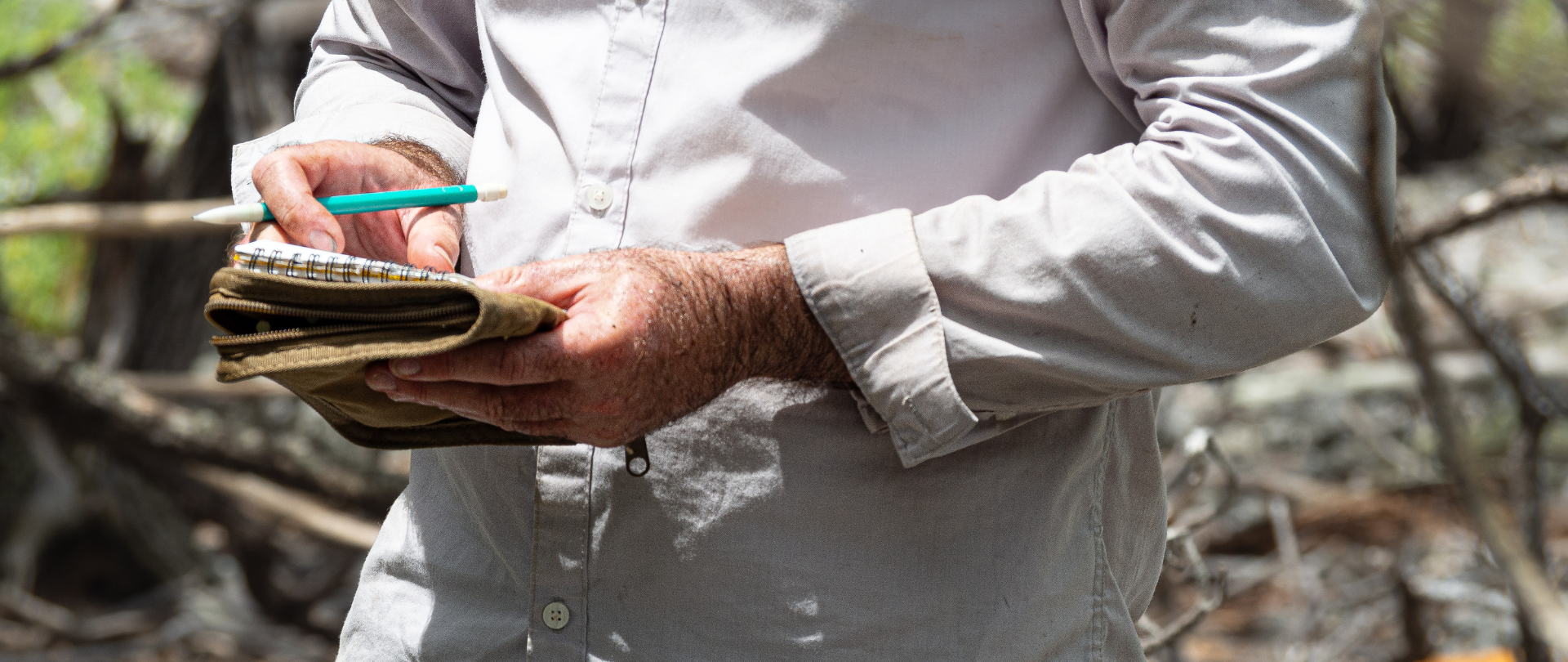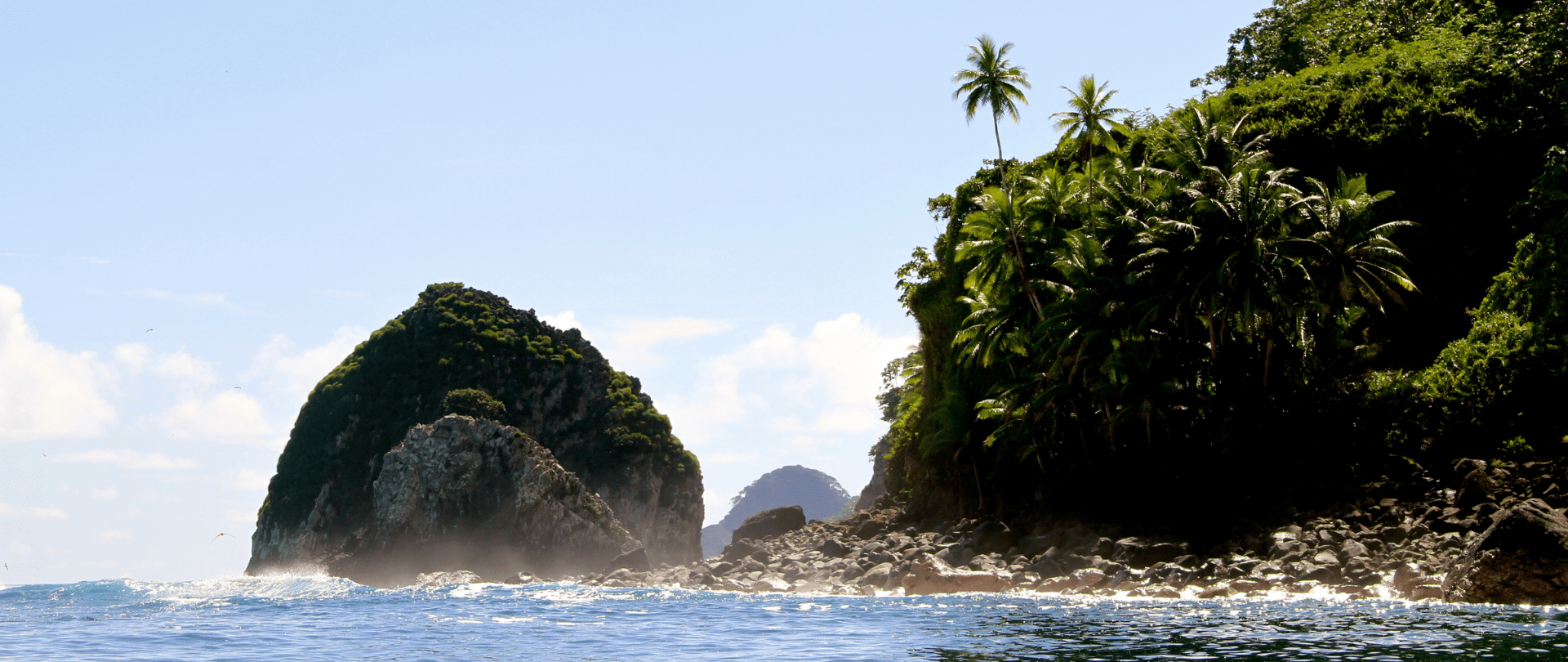New Tech for Island Restoration: Sentinel Camera Traps
We're using a cutting-edge new tool to sense and detect animals in remote locations. Find out how!
Our 2024 Impact Report is live!
Published on
March 1, 2019
Written by
stephanie
Photo credit
stephanie

Building ecosystem resiliency on islands is a crucial aspect of protecting the biodiversity contained within these wild places from both climate change as well as invasive species. There have been many climate studies that have explored these topics in detail. In fact, a study carried out by the University of Jyväskylä – Jyväskylän Yliopisto demonstrates new approaches that are being used to better understand how invasive species might act in the wild in the face of climate change.
Environmental changes, including climate change, may cause an increased strain on species also experiencing the impacts of an invasive species introduction. In conducting the study, the researchers chose to use bacteria to determine how species might respond to an invasion. This proved useful as it is a formidable undertaking to study such phenomena in the wild. Academy research fellow Tarmo Ketola from the University of Jyvaskyla commented:
Conditions during invasion are easily manipulated and we can also create strains of bacteria that have or have not adapted to environmental conditions. This versality of the system gives us possibility to study different sorts of theoretical scenarios of invasions very efficiently.”
The experiment demonstrates that when a non-native species are introduced to an ecosystem that is already impacted by climate change, they are more likely to spread rampantly and cause tremendous harm. This study is one of the first to demonstrate this link between climate change and the impact of invasive species introduction.

Inversely, ecosystems are more readily able to adapt to climate change when invasive species are not present. Why? Because invasive species, once introduced, impact the health of native species, forest systems and coastal waters. Further, they pose a threat to the livelihoods of the human inhabitants of these areas through the transmission of disease and by making it more difficult to grow certain crops. Adapting to climate change is even more challenging under these conditions. However, restoration based field work can make it easier for species to adapt to changes.

This research illustrates that further efforts in climate research are integral to better understanding ecosystem health. Further, not only is work to address and lower CO2 emissions critical, but the removal of invasive species in areas they have been introduced can help increase ecosystem resiliency. The groundbreaking work conducted at University of Jyväskylä – Jyväskylän Yliopisto can help guide future conservation research which will provide a bright future for native ecosystems and humans alike.
Source: EurekAlert
Featured Photo: Restoration crew on Antipodes Island. Credit: Island Conservation
Check out other journal entries we think you might be interested in.

We're using a cutting-edge new tool to sense and detect animals in remote locations. Find out how!

Groundbreaking research has the potential to transform the way we monitor invasive species on islands!

Ann Singeo, founder of our partner organization the Ebiil Society, shares her vision for a thriving Palau and a flourishing world of indigenous science!

This historic agreement aims to protect the marine and coastal areas of the Southeast Pacific.

Our projects to restore key islets in Nukufetau Atoll forecast climate resilience and community benefits in Tuvalu!

Island Conservation attended the 16th meeting of the Conference of the Parties to the Convention on Biological Diversity!

Island Conservation and partners have published a new paper quantifying ecosystem resilience on restored islands!

Climate Week NYC: what is it and why is it important? Read on to find out why Island Conservation is attending this amazing event!

With sea levels on the rise, how are the coastlines of islands transforming? Read on to find out how dynamic islands really are!

Part 2 of filmmaker Cece King's reflection on her time on Juan Fernandez Island in Chile, learning about conservation and community!